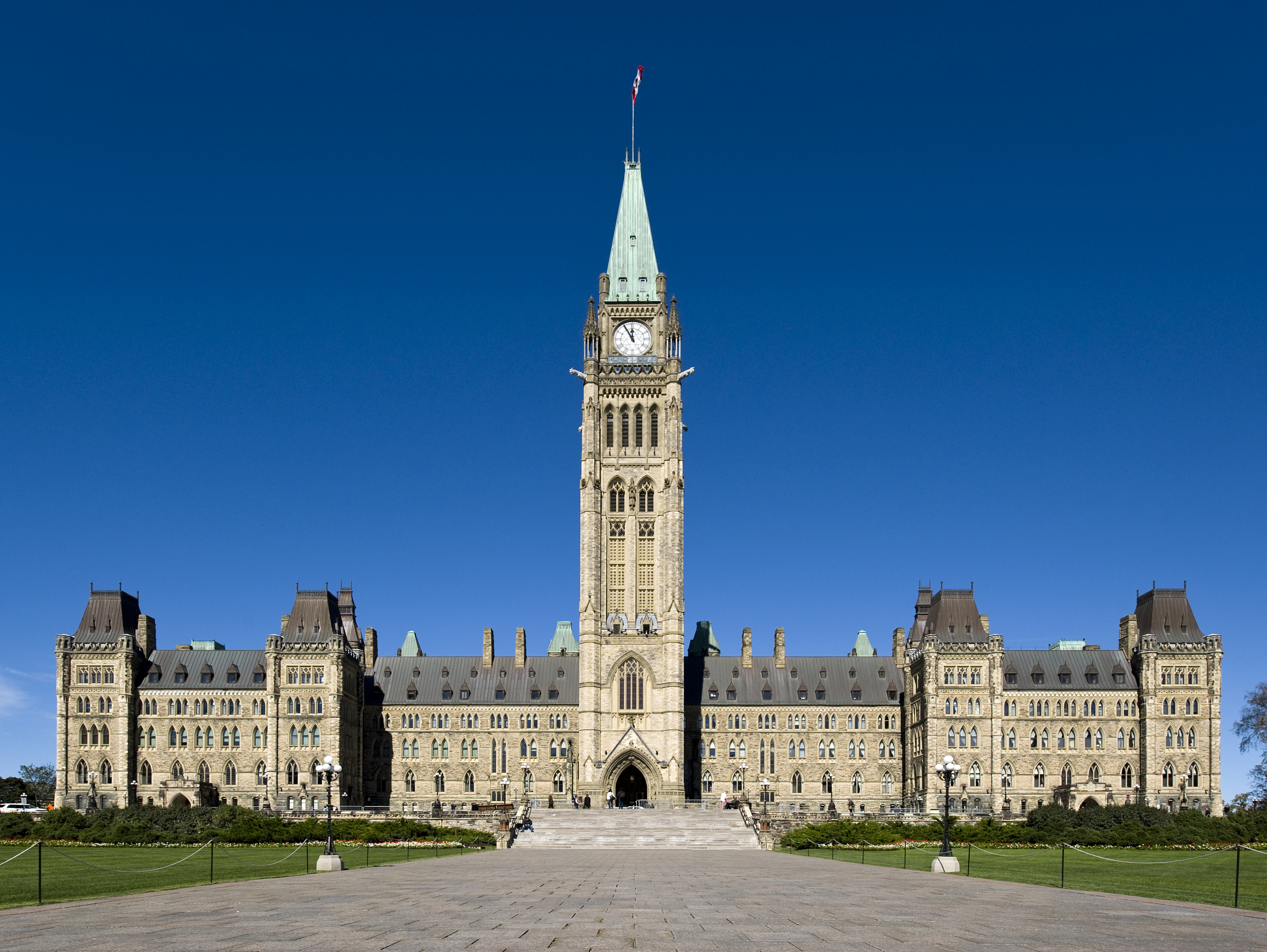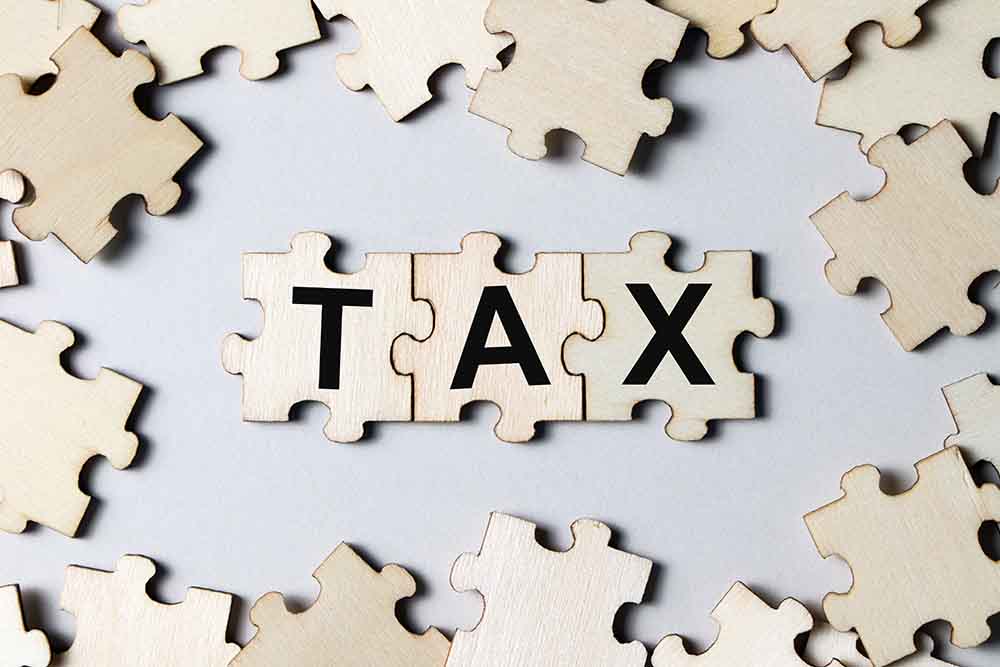With Ontario falling into the “have-not” category, equalization payments have hit the headlines across Canada. Sun Media‘s Lorrie Goldstein and Paul Rutherford try to answer the question, what’s equal about equalization?
Goldstein: Paul, how can you possibly defend Canada’s equalization program, which is mainly a federal welfare program for Quebec? Next year, Quebec alone will get $8.35 billion of $14.2 billion in equalization payments, or almost 60% of the total pot. What’s “equal” about that?
Rutherford: I’ll only defend them if you stop using that ridiculous word “equalization.” The correct term is “transfer payments.” It’s never been equal, Lorrie, you know that. Quebec gets a large part of the pot. Why hasn’t the formula been fixed by a succession of prime ministers? And if you can’t stomach the way they are handed out, what is the new formula you’re proposing that will actually work? Leave Quebec out of it, would that make you feel better?
Goldstein: Actually, equalization is one form of transfer payments and it’s the worst one because it takes money from some provinces and gives it to others with no pre-conditions on how it should be spent. That’s not a “formula” it’s a recipe for waste and ineffectiveness, which is exactly what equalization has become.
Rutherford: The “recipe” you mention can’t work but there is a recipe that will. I mean, in theory helping out the “have not” or poorer provinces is the right idea. I will defend the concept. What I don’t defend is provinces like my own in Manitoba misspending, knowing they will get a bailout. So Lorrie, throw your blame in the right place. The feds need to fix how they arrive at these handouts and they need to make sure provinces are earning them, so to speak.
Goldstein: Look, equalization is supposed to ensure all the provinces deliver roughly the same quality of services to their respective populations. That’s how it was sold to the public. But there’s never even been a serious study done on whether equalization actually does that. Further, all the anecdotal evidence suggests it doesn’t. How can you support a program that redistributes wealth across the country on that basis?
Rutherford: I can’t, that’s why both you and I would agree the whole program needs to be blown up and recreated. Again, richer provinces must help poorer provinces. I believe in that. Those that have, like Alberta, must help those that don’t, like P.E.I., Nova Scotia and New Brunswick. But it can’t be done fairly at present. Federal Finance Minister Jim Flaherty said in 2007, when they “fixed” it, that the bickering was over. Bickering over? Give me a break. Lorrie, just like you and I are here, they are still bickering over this. It needs to be replaced. Why don’t we just let the provinces handle their own finances? They can ask for a transfer if they prove they need it.
Goldstein: I’m not bickering. I’m asking how a $14-billion-a-year program could be allowed to operate with no one monitoring whether it was doing what it was supposed to do? If I was going to bicker, I’d bicker about Quebec getting most of the cash, then lecturing the other provinces about the joys of $7-a-day subsidized daycare. News flash: Ontario, which is broke, doesn’t have $7-a-day daycare, so why are we still paying for 40% of equalization, even with our current “have-not” status? I’m sure Alberta, still a “have” province, feels the same way.
Rutherford: You already bickered about Quebec and there’s no doubt many Canadians are bickering along with you. You illustrate two points as to why it doesn’t work. Well, OK, you’re wanting me to agree it doesn’t work. The issue is federal transfer payments do work, just not the way they are currently doled out. In 1957, the goal was to share the wealth in the Canadian family. The political will to keep Ontario and Quebec happy through the years is what kills the system. It’s a constant squabble about provinces getting more than others. It’s like two kids in one family when one gets a Christmas present wrapped in a bigger box with a bigger bow. The other one pouts.
Goldstein: It’s not about pouting. It’s about unfairness. Check out what the Winnipeg-based Frontier Centre for Public Policy says about equalization, specifically that Manitoba and the Atlantic provinces “are now permanently dependent on massive subsidies from other Canadians to support their provinces at anything like their present population and scale” while, over the past four years, “equalization expenditures, largely paid by Ontario and Alberta taxpayers, have grown four times faster than Ontario’s growth.” The thing’s a fiasco, Paul, but we’ve debated that long enough. How would you fix it, short of scrapping it, which would be my choice?
Rutherford: Make one big account, divide it up equally among the provinces and territories, get a list of the projects they are spending the money on and dole it out. The following year, before any province gets a dime, they provide proof they spent it on what they said. If they don’t, no transfer payment that fiscal year. Provinces will be forced to smarten up with our dollars.
Goldstein: I like the fact that you’re stressing accountability, although from Ontario’s perspective, we pay $20 billion more to Ottawa every year than we get back in federal services, so the $347 million in equalization we’re going to get next year as a so-called “have not” province is really just a bookkeeping entry. Basically, I believe governments should be transparent and raise their own taxes for their own needs, which is why I oppose transfers. That said, I could live with them if the money was actually used to establish reasonably consistent standards across Canada in areas like health care. But, as you point out, transfer payments can’t continue to be an excuse for inefficiency in the provinces that receive them, because that’s just highway robbery of the provinces that pay them.
Rutherford: It’s all about accountability, Lorrie. My whole point is, the system is inequitable and needs major fixing. On top of that, premiers spend the transfers irresponsibly for the most part. They contribute to the “equalization” process falling apart. I think it’s time we get rid of the crutches we give provinces and make them start spending responsibly. How about that for a Christmas gift?


